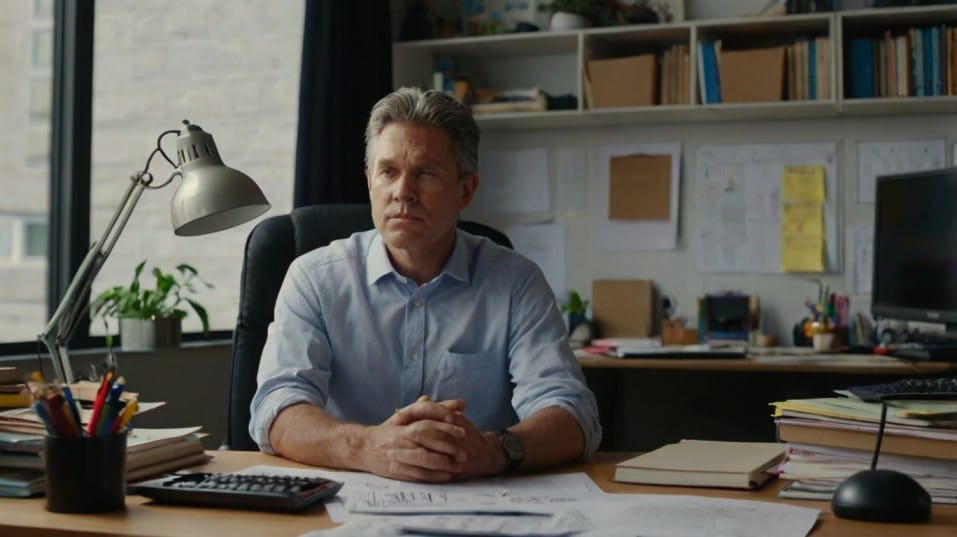How to Identify and Break Free from the Overworking Mindset
Struggling with overworking? Discover how mindfulness helps break hustle culture, set boundaries, and achieve sustainable productivity.

Are long hours truly the key to success, or are they silently sabotaging your productivity? The modern workplace thrives on the hustle mentality, making it easy to equate exhaustion with achievement.
But research reveals a different reality—overworking leads to burnout, mental fatigue, and diminishing returns.
The real game-changer isn’t working more; it’s working smarter. If you’ve ever felt trapped in an endless cycle of work, it’s time to rethink how you measure success.
The Overworking Trap: Why It’s Hard to Break Free
Many professionals tie their sense of worth to their output, believing that more hours equal more achievement. This mindset makes it difficult to disconnect, rest, or even acknowledge exhaustion.
Common red flags include guilt when not working, difficulty unplugging, and ignoring signs of burnout. The cost? Declining creativity, chronic stress, and a work-life imbalance that’s hard to repair.
The overworking mindset is often reinforced by external factors—bosses who reward long hours, a company culture that equates busyness with dedication, or personal fears of falling behind.
Over time, this mindset becomes ingrained, making it challenging to step back without feeling unproductive or inadequate. Recognizing this conditioning is the first step toward breaking free.

Redefining Productivity: Working Smarter, Not Harder
Mindful productivity means focusing on what truly matters rather than just doing more. It’s about quality over quantity—measuring progress by meaningful outcomes rather than sheer hours spent.
Prioritize High-Impact Tasks
Not all tasks are equal. Instead of tackling a never-ending to-do list, identify your most impactful work. What moves the needle? What aligns with your goals? Effective prioritization ensures you’re not just busy—you’re productive.
Time Blocking and Deep Work
Constant multitasking erodes focus. Instead, structure your day with time blocking, dedicating specific periods to deep, uninterrupted work.
This method increases efficiency while reducing mental fatigue. Break large tasks into smaller, focused sessions to maintain momentum without burnout.
Define “Enough” for the Day
When does your workday end? Without clear stopping points, tasks expand indefinitely. Set realistic goals for what constitutes a productive day. Once you’ve met those objectives, allow yourself to step away guilt-free.
Rest as a Performance Tool
High achievers don’t just work hard; they rest effectively. Studies confirm that rest fuels cognitive function, enhances decision-making, and boosts creativity. Instead of viewing downtime as unproductive, see it as a necessary investment.
The Science Behind Rest and Creativity
Your brain consolidates information and generates insights during downtime. This is why breakthroughs often happen in the shower or during a walk.
Scheduled breaks—whether short pauses during work or extended vacations—improve long-term performance.
Active vs. Passive Rest
Not all rest is equal. Mindless scrolling or binge-watching may seem like rest, but they often leave you feeling drained. Active rest—exercise, hobbies, social time, or meditation—restores energy and sharpens focus.
Breaking the Guilt Cycle
Feeling guilty for resting is a hallmark of the overworking mindset. Reframe rest as fuel for performance. Challenge the belief that you must always be “on” to be successful. The most effective professionals know when to pause and recharge.
Setting Boundaries Without Guilt
A work-life boundary isn’t a luxury—it’s a necessity. Without clear separation, work seeps into every aspect of life, leading to exhaustion and resentment.
Create Clear Work Hours
Establish firm start and end times. Communicate them to colleagues and honor them yourself. Working late occasionally is one thing—making it a habit erodes balance.
Digital Detox After Work
Constant notifications keep you tethered to work mentally, even after hours. Turn off email alerts and set “do not disturb” periods to allow your mind to reset.
Protect Your Non-Work Identity
You are more than your job title. Invest in activities outside of work—hobbies, relationships, personal growth. Expanding your identity beyond work prevents burnout and fosters resilience.
Bringing Mindfulness into Your Work Routine
Being mindful means recognizing when you're overextending yourself. It’s about working with awareness, not autopilot.
Check-In With Yourself
Pause throughout the day: How’s your energy? Are you grinding through exhaustion or working with intention? A quick self-check prevents mindless overwork.
Mindful Transitions
Instead of jumping from one task to another, take a breath between transitions. This brief pause resets your focus and prevents mental clutter.
Redefine Success Beyond Productivity
Your value isn’t just in what you produce—it’s in how you show up, connect with others, and maintain well-being. Success isn’t about working endlessly; it’s about creating a sustainable, fulfilling path.
Final Thoughts: Take the First Step Now
Success isn’t about grinding endlessly; it’s about balance, focus, and sustainability. Shifting from overwork to mindful productivity isn’t just possible—it’s necessary for long-term success.
Start today: Define your priorities, protect your rest, and work with intention. The best results come from those who know when to push forward—and when to step back.




